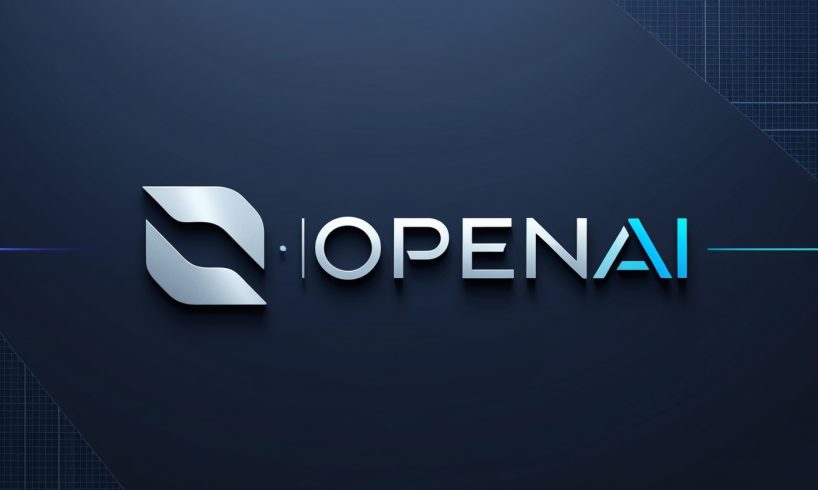
In a bold affirmation of artificial intelligence’s growing capabilities, OpenAI’s Chief Scientist and co-founder, Ilya Sutskever, has declared that modern AI models are now capable of conducting unique and entirely new scientific research. This marks a transformative shift in the role of AI, from being a supportive computational tool to becoming a generative engine of original scientific discovery.
AI as an Autonomous Researcher
Speaking at a recent technology conference, Sutskever emphasized that frontier AI models especially those trained with advanced reinforcement learning and multimodal capabilities have reached a point where they can form novel hypotheses, design experiments, and even suggest unexpected solutions to long-standing scientific problems.
“AI is no longer just helping scientistsit is becoming a scientist,” Sutskever said. “We are seeing AI models propose ideas that human researchers had not considered, and in some cases, these ideas are turning out to be correct and testable.”
This development represents a profound evolution in the way science is done. Traditionally, scientific progress has relied on human intuition, creativity, and insight. While AI has long assisted with data analysis and modeling, its capacity to generate original scientific knowledge autonomously is a recent phenomenon one made possible by breakthroughs in large language models (LLMs), self-supervised learning, and neural architecture scaling.
Examples of AI-Led Discovery
Already, AI systems have shown promise in a range of disciplines. Models have independently derived equations in physics, uncovered new materials with specific chemical properties, and designed novel proteins with biomedical applications. OpenAI’s own models have demonstrated the ability to simulate complex systems, suggest alternative theoretical frameworks, and optimize experiments far beyond brute-force computation.
Sutskever noted that in some tests, AI agents generated research proposals that were later deemed plausible or even promising by expert reviewers. “When you remove human bias and let the models explore based on data and logic alone, you sometimes get startling results ideas that are both fresh and feasible,” he said.
Implications and Challenges
While the promise is immense, there are significant questions to address. Ethical considerations, transparency of AI-generated insights, and the ability to interpret and verify machine-led discoveries are all under active discussion in the scientific community.
Some researchers caution that while AI may propose new ideas, the human role in contextualizing, validating, and applying them remains essential. “Discovery doesn’t happen in a vacuum,” said one physicist. “Even if the spark comes from a machine, science is still a human endeavor.”
Moreover, there’s the risk of over-reliance on AI, especially in fields where interpretability and causality matter as much as correlation or predictive power. Critics urge a balanced approach, integrating AI’s capabilities with rigorous human oversight.
The Future of Science with AI
Despite the challenges, the consensus is growing that AI is poised to become an indispensable partner in scientific advancement. As models become more powerful and more aligned with human values and goals, their ability to accelerate research across disciplines from climate science to medicine could redefine the pace and scope of human knowledge.
Sutskever remains optimistic: “The most exciting science of the next decade may not come from a lab bench or a whiteboard it might come from an AI model generating ideas that no one has thought of before.”
As we stand at the frontier of AI-driven discovery, the fundamental nature of science is evolving not away from human creativity, but toward a collaboration between human and machine that could unlock the next great leap in understanding our world.

I am a person who is positive about every aspect of life.I have always been an achiever be it academics or professional life. I believe in success through hard work & dedication.
Technology Blogger at TechnoSecrets.com






